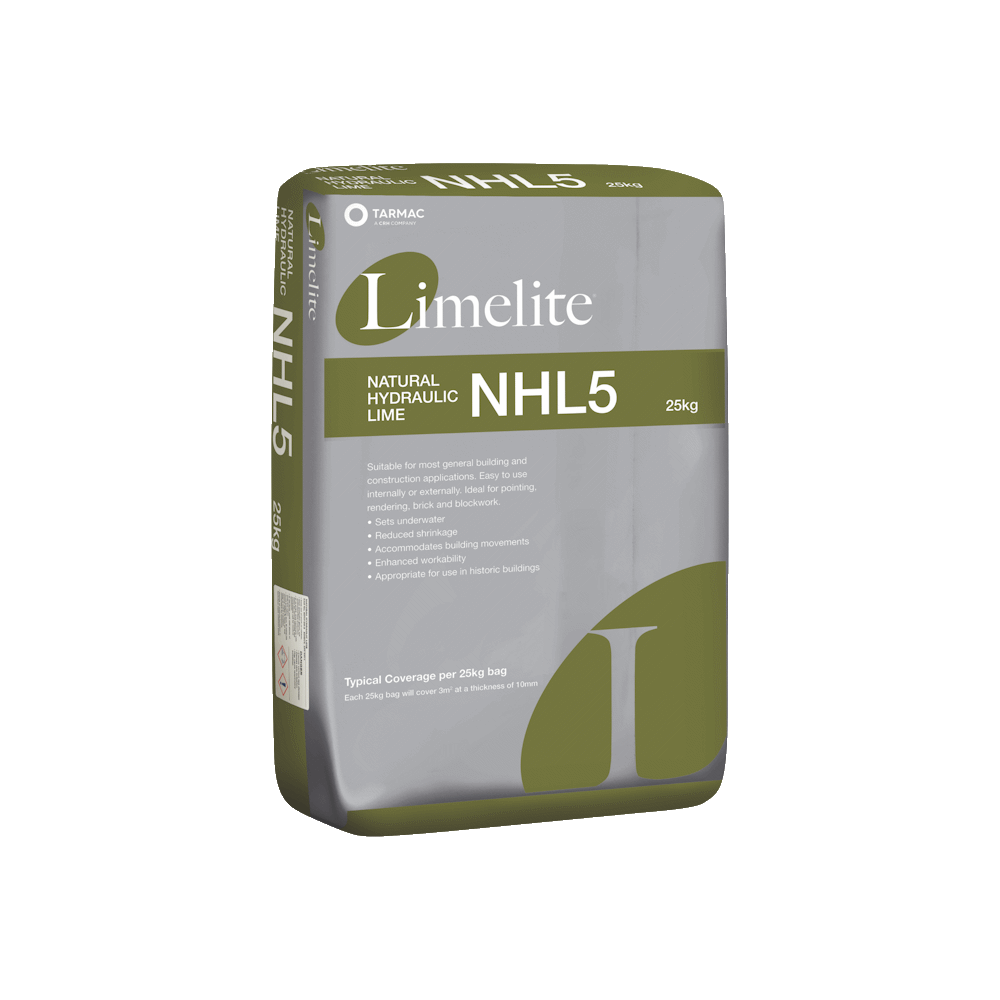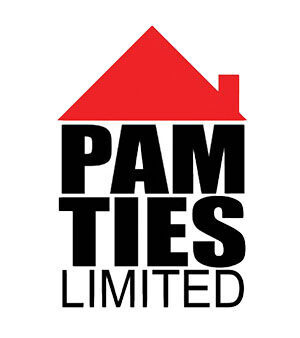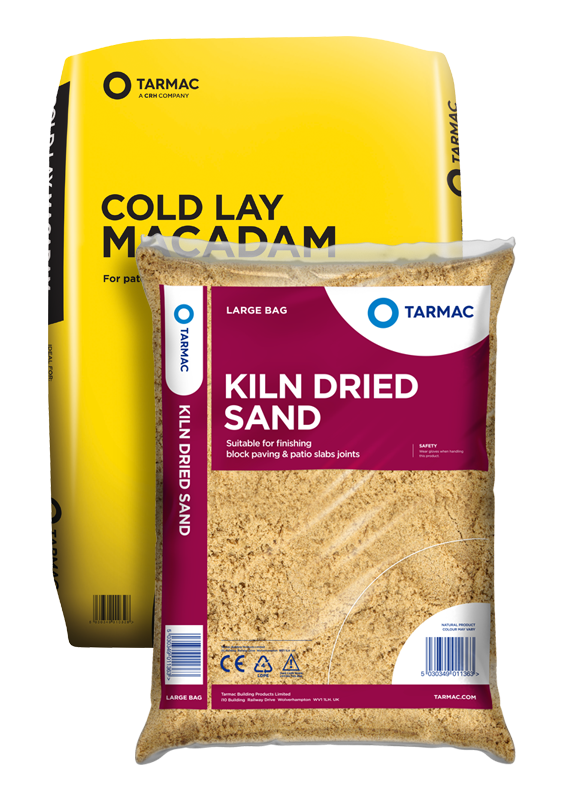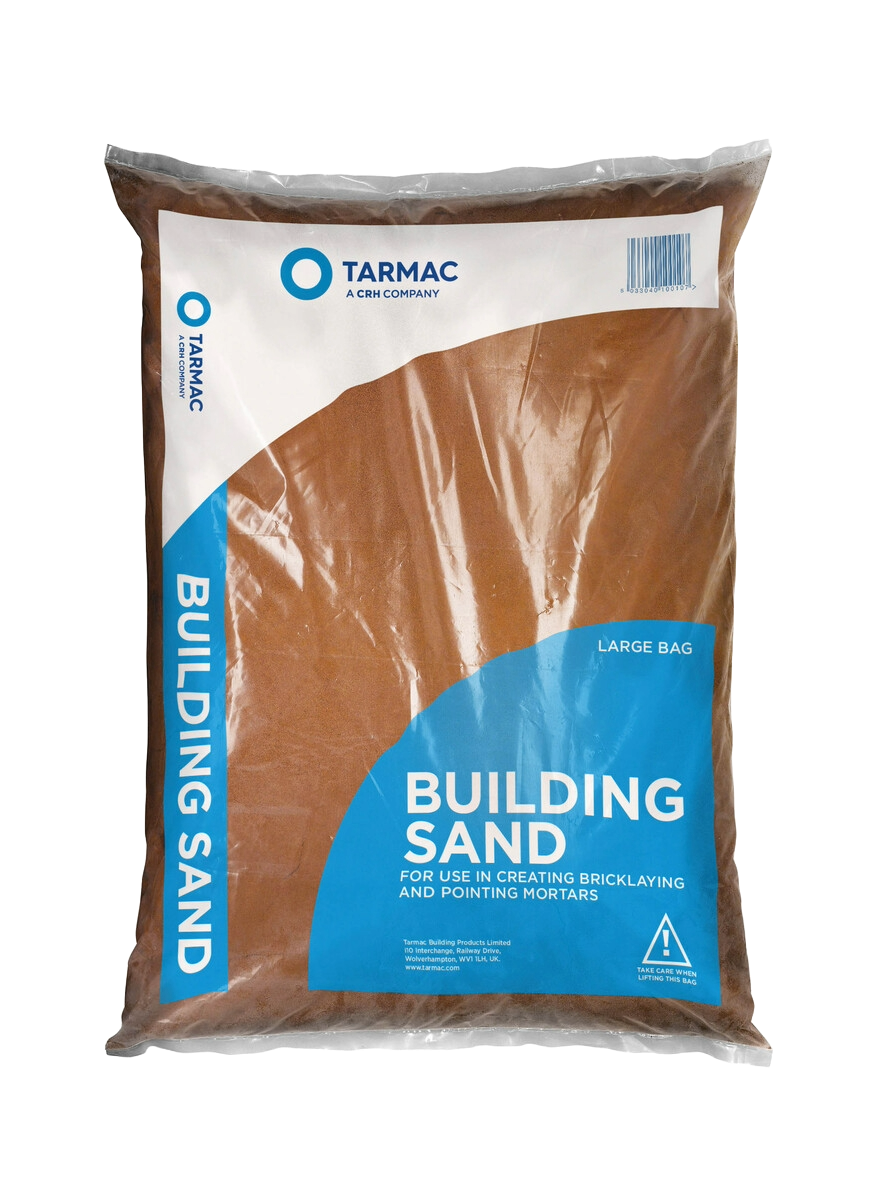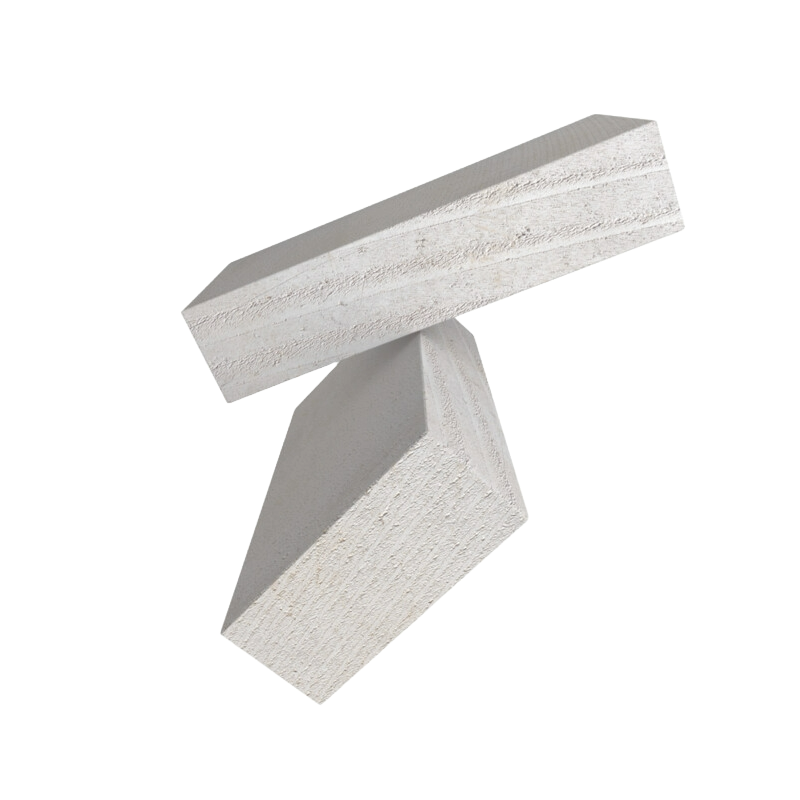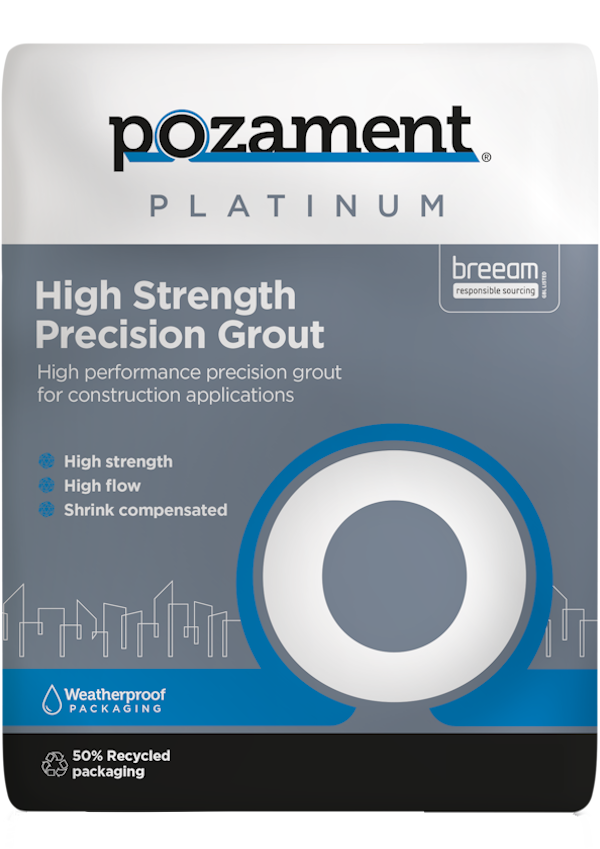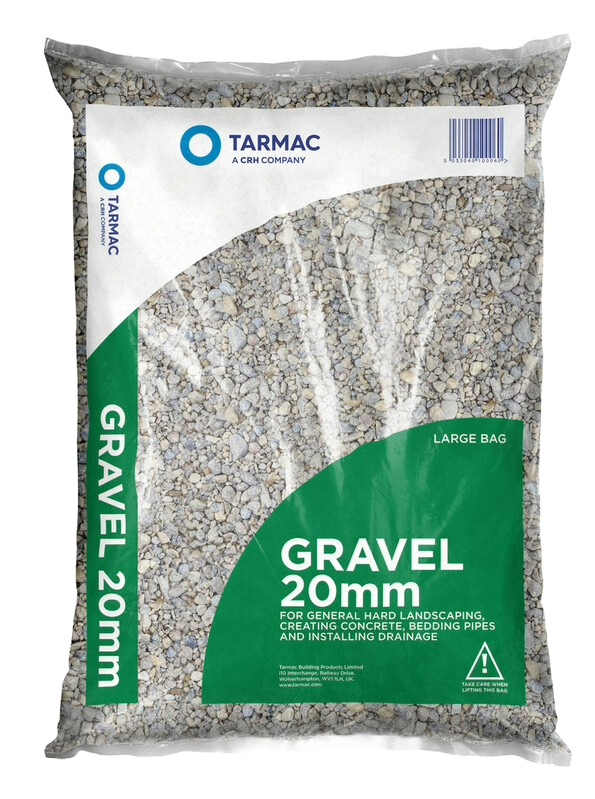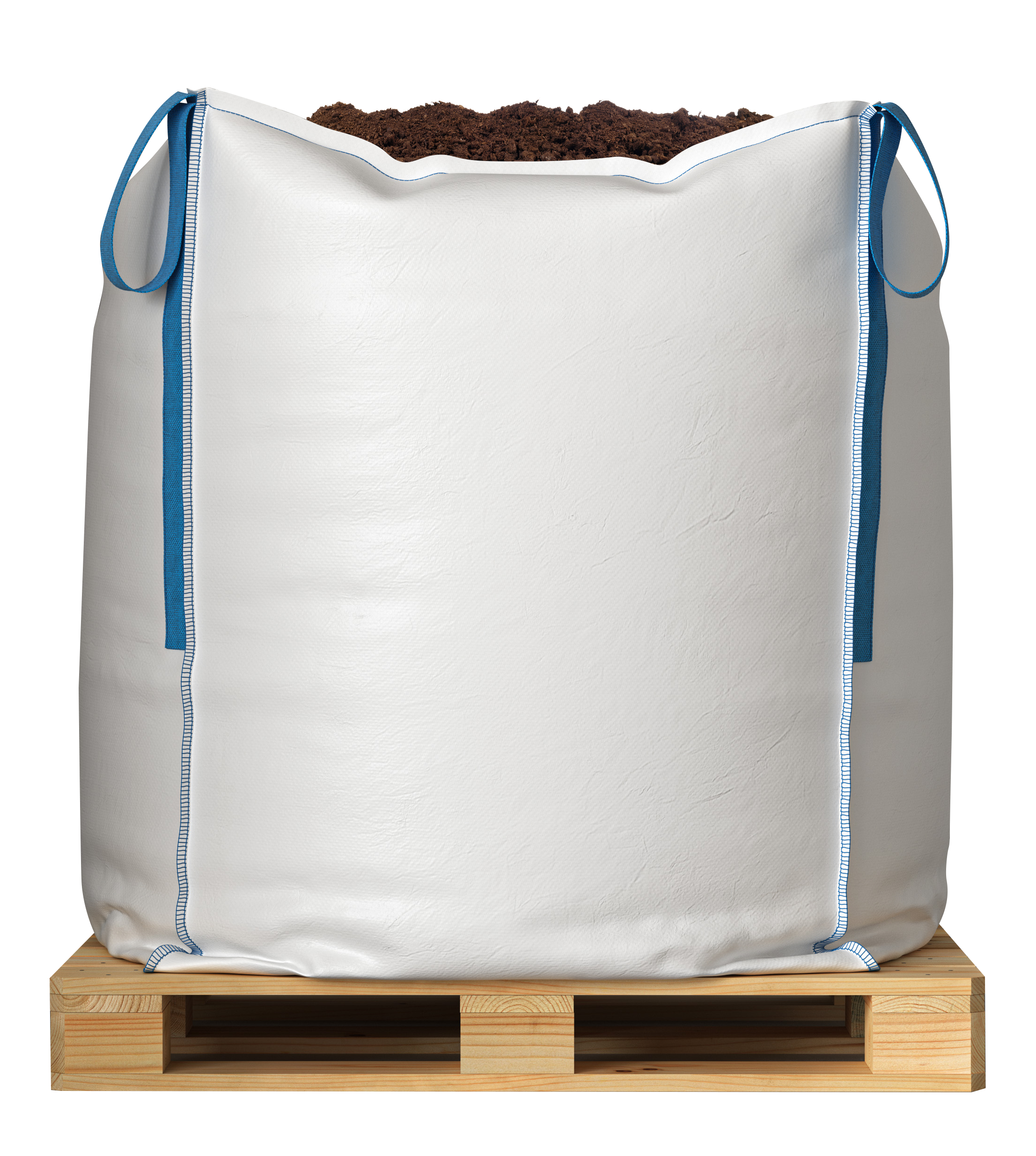NHL 5 Natural Hydraulic Lime
NHL 5 Natural Hydraulic Lime - Natural Hydraulic Lime
Description
Limelite NHL 5 is an eminently hydraulic, higher strength hydraulic lime suitable for use in a range of external applications with higher strength requirements, including masonry pointing, capping, foundations and seal defences.
Specify NHL 5 Natural Hydraulic Lime with your NBS Source account.
Packaging
- 25kg bag
Benefits of NHL 5 Natural Hydraulic Lime
Visually complements existing lime mortar appearance and aesthetic
Using lime mortars helps to maintain and complement the general colour and aesthetic when renovating or extending historic buildings of constructing new buildings in historic locations or conservation areas.
Porosity and breathability of lime mortars and renders
Lime mortars offer better vapour permeability to allow moisture to be released from substrates. This also helps to reduce the risk of freeze thaw damage when trapped moisture freezes and expands.
Flexibility and reduced strength of lime mortars
Lime mortars are slow to harden and remain more flexible than modern sand-cement mortars, with lower compressive and flexural strength, which helps to accommodate movement such as settlement or thermal expansion without causing stress to other building materials like brick or stone.

